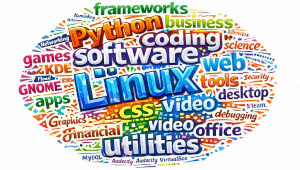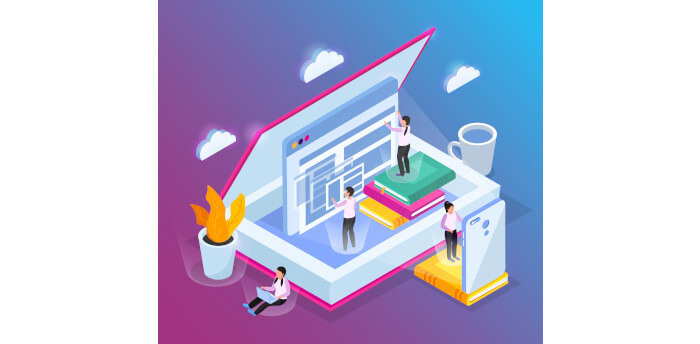An electronic book (commonly abbreviated e-book) is a text and image-based publication which can be read on a computer or other digital devices such as an e-book reader.
Digital books are well established. Project Gutenberg, an online library of books that can be downloaded free of charge, has been expanding its collection since 1971. Almost its entire library consists of books that are available in the public domain, although there are a few copyright texts which are also included.
Thorium Reader is a cross platform desktop reading app, based on the Readium Desktop toolkit. It’s written mostly in TypeScript and published under an open source license.
Installation
When installing software, we recommend checking with bauh to see if there’s an easy way to install an app. bauh is a graphical interface that lets you manage your software. It supports Snaps, Flatpaks, AppImages, deb packages, web applications/
At the time of writing, the current release of Thorium is v2.4.1.

As you can see, there’s an AppImage and a snap, but only the AppImage is v2.4.1, so we’ll install that.
Looking at the project’s GitHub repository, there’s also a deb package available. The software is cross-platform and there are binaries for macOS and Windows available.
Alternatively, you could build the source code. But many open source enthusiasts take the approach that’s life’s too short to build software unless it’s really necessary.
Next page: Page 2 – In Operation and Summary
Pages in this article:
Page 1 – Introduction and Installation
Page 2 – In Operation and Summary
 Read our complete collection of recommended free and open source software. Our curated compilation covers all categories of software. Read our complete collection of recommended free and open source software. Our curated compilation covers all categories of software. Spotted a useful open source Linux program not covered on our site? Please let us know by completing this form. The software collection forms part of our series of informative articles for Linux enthusiasts. There are hundreds of in-depth reviews, open source alternatives to proprietary software from large corporations like Google, Microsoft, Apple, Adobe, IBM, Cisco, Oracle, and Autodesk. There are also fun things to try, hardware, free programming books and tutorials, and much more. |

